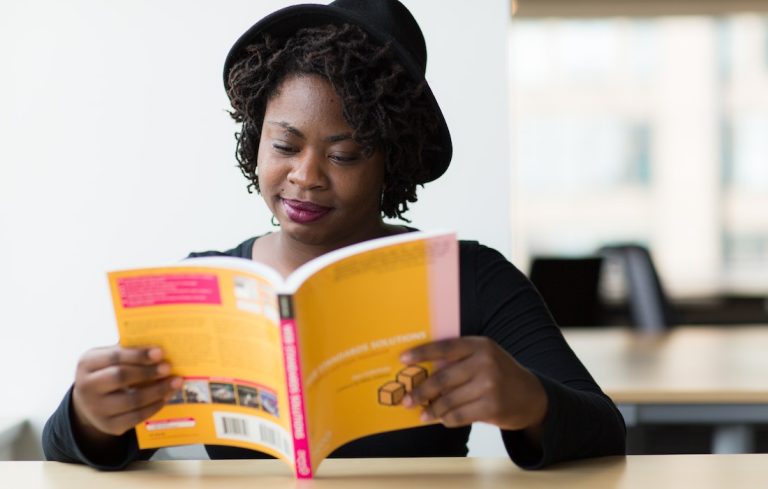- Research programs and universities that align with academic goals and personal interests ahead of time.
- Allow plenty of time to complete applications, obtain necessary documents and secure funding for a successful study abroad experience.
- Embrace cultural immersion by engaging with local communities, participating in cultural events and activities, and learning the local language.
- Stay connected with family, friends, resources, and support services back home.
- Utilize higher education consultancy to ensure a successful study abroad experience.
Studying abroad can be a life-changing experience, providing opportunities for personal growth, cultural immersion, and academic achievement. However, planning and executing a successful study abroad experience requires careful preparation and research. Here are five helpful tips if you want to study abroad.
1. Research Programs and Universities
When considering studying abroad, research programs and universities that align with your academic goals and personal interests. Consider factors such as language, culture, location, and cost, and research the quality of academic programs, faculty, and student support services.
Once you’ve identified potential programs and universities, contact admissions offices or program coordinators for more information and to ask questions. Consider attending study abroad fairs or information sessions to learn about specific programs and opportunities.
The application process for study abroad programs and universities typically vary based on the country, university, and type of program. Common requirements may include official transcripts, letters of recommendation, language tests, essays or personal statements, resumes, and financial documents. Make sure to pay attention to application deadlines as well.
2. Plan Ahead

Planning is essential to a successful study abroad experience. Begin preparing for your study abroad experience at least a year in advance, and allow plenty of time to complete applications, obtain necessary documents, and secure funding.
Research visa and travel requirements, and ensure you have a valid passport and any necessary vaccinations. Consider your financial resources and research funding options, such as scholarships, grants, and student loans.
3. Embrace Cultural Immersion
Studying abroad provides a unique opportunity for cultural immersion, allowing you to learn about new customs, languages, and ways of life. This is important because it helps you understand and appreciate your host country’s culture.
Here are tips for embracing cultural immersion:
Be Respectful of Local Customs and Traditions
When in a new country, respecting the culture and customs is important. Research the local customs before traveling and do your best to abide by them abroad. Be mindful of your behavior when visiting religious sites, monuments, or other culturally significant locations.
Learn Basic Language Skills
Learning basic language skills can help you better engage with locals in their native tongue. Take advantage of language classes at your school or join a language exchange group that allows you to practice speaking with native speakers in a safe and supportive environment.
Explore Local Attractions and Events

Make sure to explore all the local attractions and events your destination offers. Visit museums, parks, and other cultural attractions to learn more about the history of the place you are visiting. Attend local festivals or concerts to experience a unique side to the culture.
Try Regional Cuisine
Food is integral to any culture, so try local dishes while traveling abroad! If you have dietary restrictions, research what options are available for you in each region ahead of time. You may be pleasantly surprised by some flavors and ingredients used in traditional cuisine.
Share Your Experience with Others
When experiencing something new, sharing your experience with family, friends, and the community is important. Write blog posts, take photos, or even create videos to share your experiences with others back home. These stories and visuals will help bridge gaps between cultures and bring people closer together.
4. Stay Connected
Studying abroad can be an isolating experience, particularly if you are far from family and friends. Stay connected with loved ones back home by regularly communicating through email, phone calls, or video chats.
Consider joining social media groups or clubs on campus to meet other students and connect with local communities. Utilize technology to stay connected with resources and support services back home, such as mental health counseling or career services.
5. Utilize Higher Education Consultancy
Taking advantage of reliable higher education consultancy can provide valuable support and guidance if you want to study abroad. Consultants can help identify programs and universities that align with your academic and personal goals and provide support with application processes and funding opportunities.
Consultants can also guide cultural immersion, mental health support, and academic advising while studying abroad. Consider working with a higher education consultant to ensure a successful study abroad experience.
Closing Thoughts
Studying abroad can be a rewarding and transformative experience, providing opportunities for personal and academic growth. By researching programs and universities, planning, embracing cultural immersion, staying connected, and utilizing higher education consultancy, you can ensure a successful and fulfilling study abroad experience. Remember, studying abroad is a unique opportunity to explore new perspectives and experiences and to develop skills and qualities that will serve you throughout your life.













